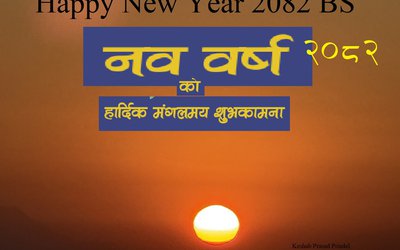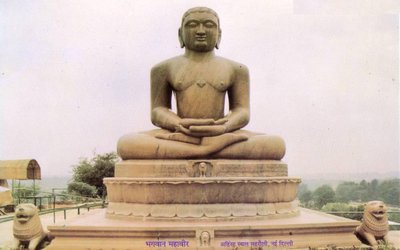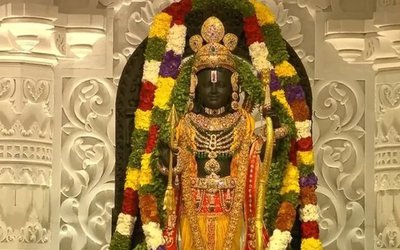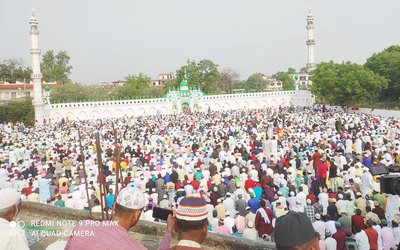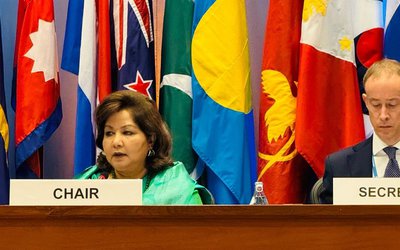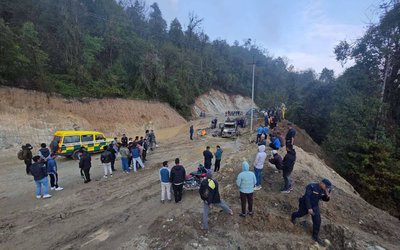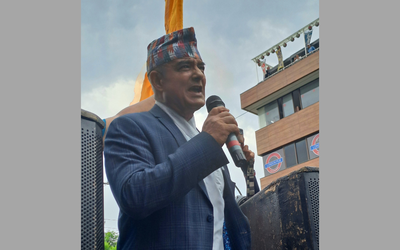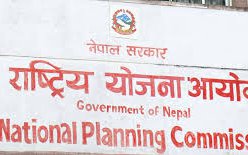
Today is Nirjala Ekadashi which is one of the 24 Ekadashi in Sanatan Dharm. Nepalese Hindu community will sow the seed of Tulsi Today. One month later, they will plant the seed.
Altogether, we have 24 Ekadashis, but this holds prime importance. Nirjala Ekadashi falls during the Shukla Paksha in the Jyeshtha month and coincides with the months of May or June in the Gregorian calendar. Nirajala Ekadashi is dedicated to Lord Vishnu. Ekadashi means the eleventh day of a fortnight.
Devotees generally fast on all the 24 Ekadashis or some consume only vrat food. However, people observing Nirjala Ekadashi do not consume a drop of water. Nirjala literally means ‘without water’. And those who are not in a position to fast during the rest of the Ekadashis, can observe vrat on this day.
It holds a special place among all. It is observed on the Ekadashi tithi during Shukla Paksa in Jyeshta. As the name suggests, drinking water is not allowed during fast on Nirjala Ekadashi. This Ekadashi is also named Bhimsen Ekadashi in spiritual texts. It is believed that observing fast on this day free us from sins and blesses us with happiness and prosperity. This year, it is being observed on June 2 (Tuesday).
History and Significance
In some parts of the country, Nirjala Ekadashi is also known as Bhima Ekadashi or Pandava Nirjala Ekadashi. Bheema was one of the five Pandava brothers. He was a lover of food but wanted to observe fasts on all Ekadashi but he could not control his hunger. He visited a sage-- Maharishi Vyas to solve his problem. The sage told him to observe fast only on Nirjala Ekadashi to reap the benefits of all 24 Ekadashi.
Like other Ekadashi, Lord Vishnu is worshipped. An idol of Lord Vishnu is bathed in Panchamrita. It is then washed with water and dressed in royal finery. Flowers, hog, and aarti are offered to the lord. Devotees meditate with image of the deity. In the evening, they worship Lord Vishnu with dhurva grass in their palms. Ardent devotees remain awake for the entire night and sing praises of Lord Vishnu. The fast is observed for 24 hours from sunrise to sunrise on the next day. Another characteristic of this day is charity: Clothes, food grains are donated to Brahmins and needy on Nirjala Ekadashi.
The Nirjala Ekadashi is also known as Bheemaseni Ekadashi, named after Bheema of the Mahabharata. The second son of Kunti and King Pandu, Bheema loved to eat. He could never observe fast and control his hunger. Miffed with himself for disrespecting Lord Vishnu, Bheema met Maharishi Vyasa to seek a solution to this problem. And after meeting the sage, Bheema started observing Nirjala Ekadashi. He was told that by fasting on this date, he would derive the benefits of all the other Ekadashis.
- Foreign Minister Dr. Deuba Chaired Asia-Pacific region confronting
- Apr 21, 2025
- Nepal Electricity Authority cancels contract worth over Rs 1 billion, now electricity wires going to customers' homes are bare
- Apr 21, 2025
- Four people died in Taplejung after their vehicle caught fire after getting entangled in a live wire
- Apr 21, 2025
- RPP General Secretary Rana released on bail
- Apr 21, 2025
- Nepal requires Rs 21.165 trillion to implement SDGs goals
- Apr 21, 2025

